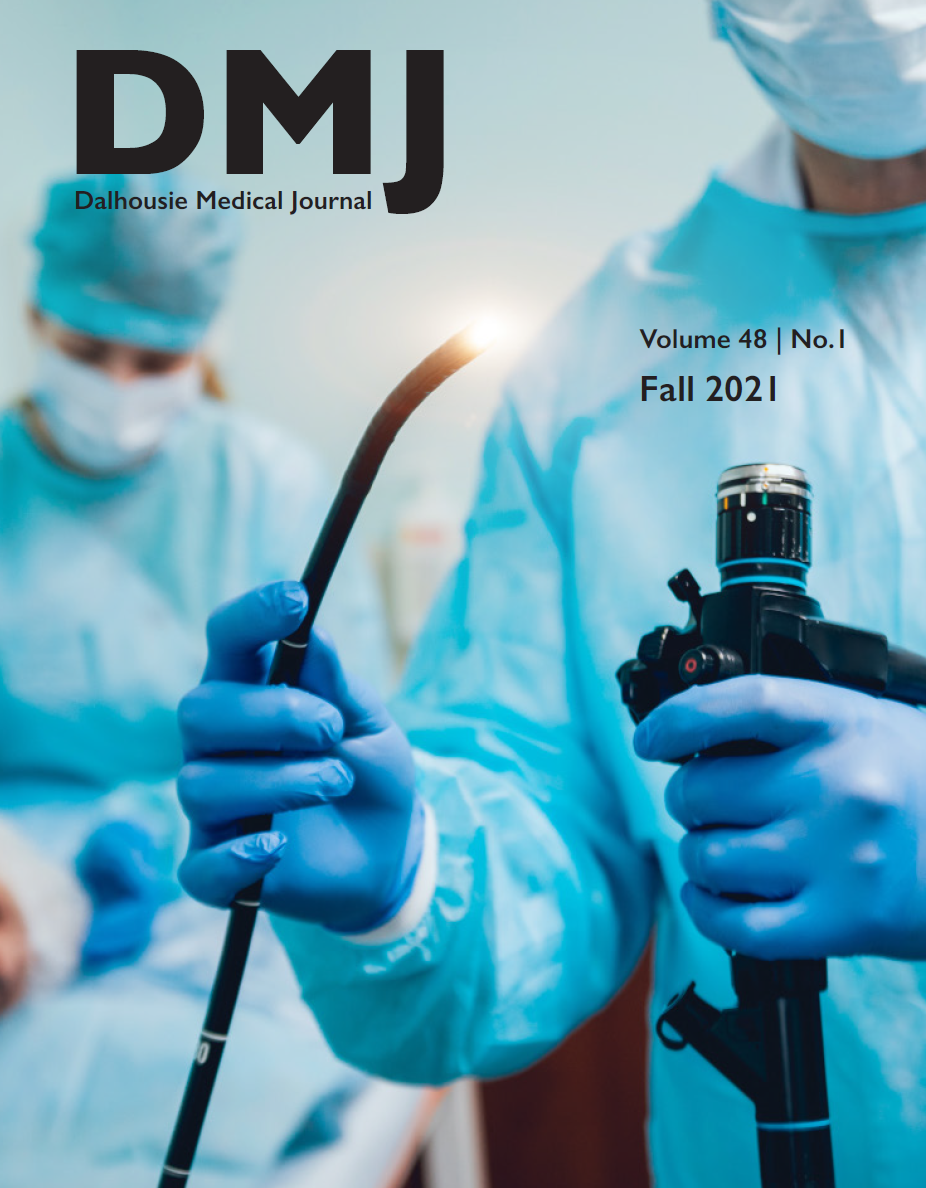Amphetamines in the treatment of adult attention-deficit/ hyperactivity disorder (ADHD) and cocaine use disorder (CUD): The role of pharmacists
DOI:
https://doi.org/10.15273/dmj.Vol48No1.11259Abstract
Attention-Deficit/Hyperactivity Disorder (ADHD) is a neurodevelopmental disorder characterized by inattentiveness, hyperactivity, and impulsivity. This review paper outlines the role that pharmacists can play in monitoring amphetamine use, to reduce the possibility of medication abuse by those with ADHD and/or Cocaine Use Disorder (CUD). Because individuals with ADHD also struggle with impulsivity, they are more likely to abuse substances, particularly illegal stimulants (such as cocaine), in an effort to self-medicate. This article also reviews the pharmacokinetics of amphetamine derivatives as well as the evidence for their use to manage ADHD and CUD. Neuropharmacologically, the proposed mechanism of action of amphetamines in the treatment of CUD is also detailed. Finally, the
implications of these findings for pharmacy practice are discussed. The primary findings and principal conclusions are that amphetamines have been found to improve both ADHD and CUD symptomatology, primarily through increasing DA release from nerve terminals in the central nervous system, as well as increasing the release of NE and serotonin. Pharmacists can play an important role in monitoring use of these medications by working in collaboration with family physicians and psychiatrists to ensure that ADHD/CUD patients are taking their amphetamines as prescribed.
Downloads
Published
How to Cite
Issue
Section
License
Authors who publish with this journal agree to the following terms:
- Authors retain copyright and grant the journal right of first publication with the work simultaneously licensed under a Creative Commons Attribution License that allows others to share the work with an acknowledgement of the work's authorship and initial publication in this journal.
- Authors are able to enter into separate, additional contractual arrangements for the non-exclusive distribution of the journal's published version of the work (e.g., post it to an institutional repository or publish it in a book), with an acknowledgement of its initial publication in this journal.
- Authors are permitted and encouraged to post their work online (e.g., in institutional repositories or on their website) prior to and during the submission process, as it can lead to productive exchanges, as well as earlier and greater citation of published work (See The Effect of Open Access).


